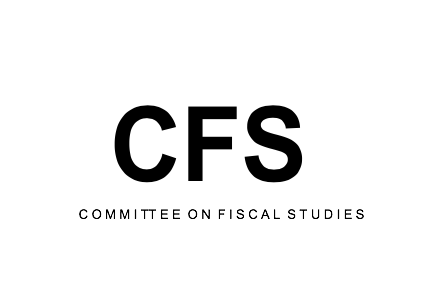Tax Financed Digital Cash Transfer Schemes for Social Protection in Kenya
Abstract
There are two forms of social protection in Kenya; the contributory scheme enforced under formal employment and non-contributory schemes which are financed by taxes. This paper focuses on the latter and specifically, tax-financed social assistance schemes in the form of digital cash transfers. The aim of these schemes is to address poverty and reduce vulnerability to economic, social, natural and other shocks and stresses amongst the marginalised by providing them with regular cash flows. While these social assistance schemes have been critical in improving the lives of the most vulnerable in Kenya – majority of whom are excluded from the contributory schemes that are suited for those in formal employment – none of them is large enough to adequately address the numbers of people in need. Moreover, they continue to face policy, administrative, programmatic as well as evidence-related/knowledge challenges that impair their efficiency and effectiveness. Therefore, a need arises to assess these tax-financed cash transfer schemes to better understand and present an accurate reflection of the current state of affairs. In so doing, this paper provides recommendations for Kenya’s tax-financed social benefits schemes in order to improve coverage, address poverty and reduce vulnerability.



